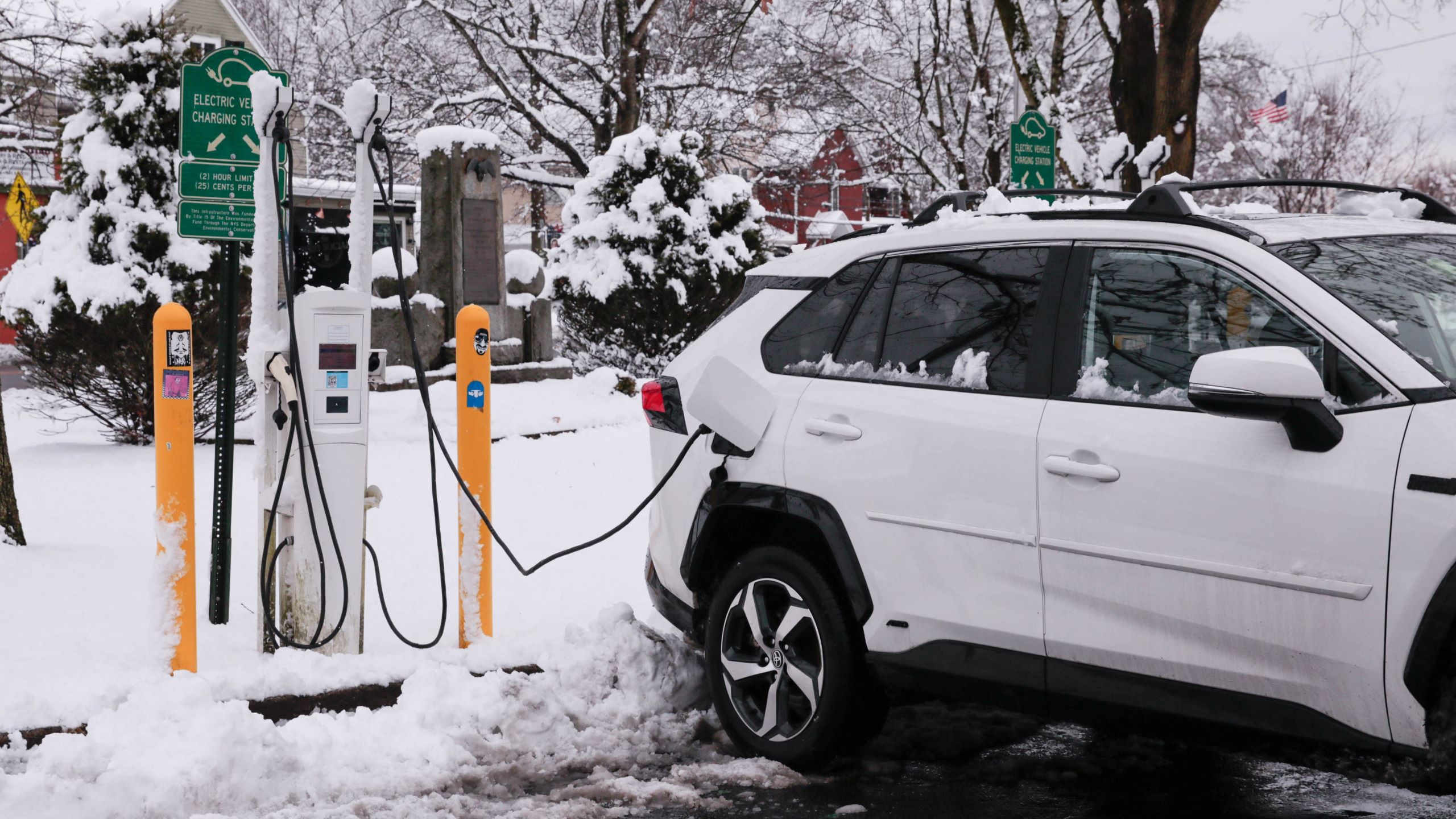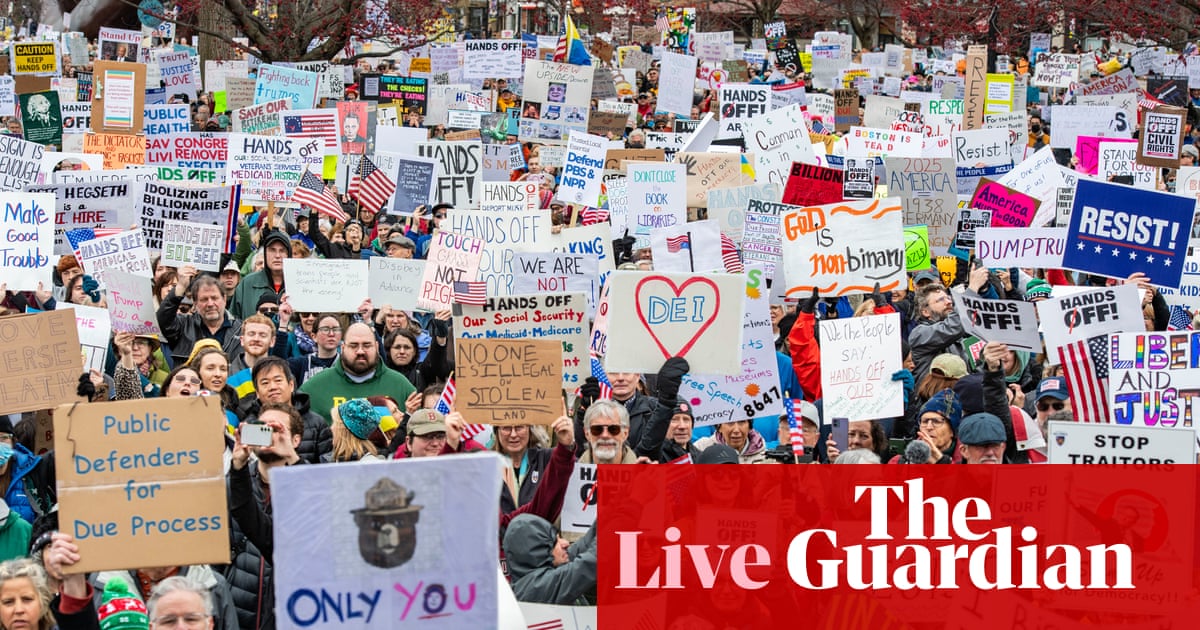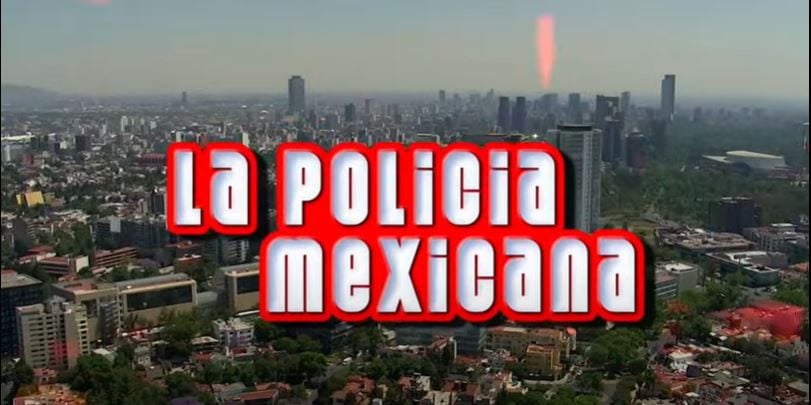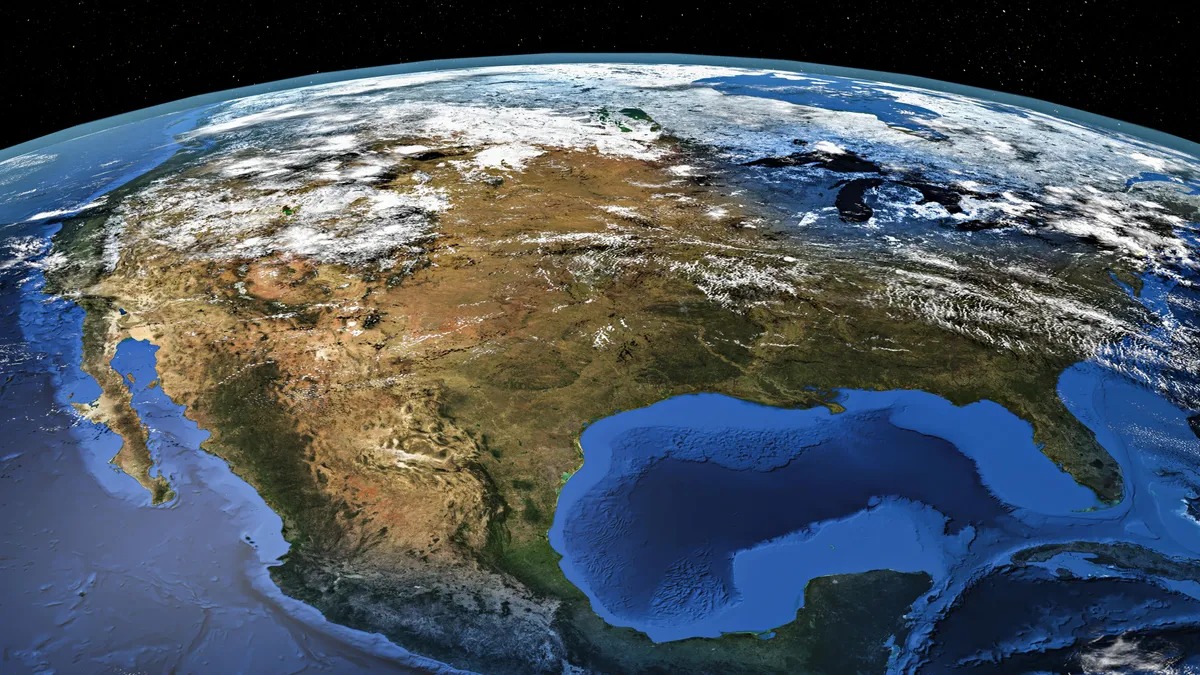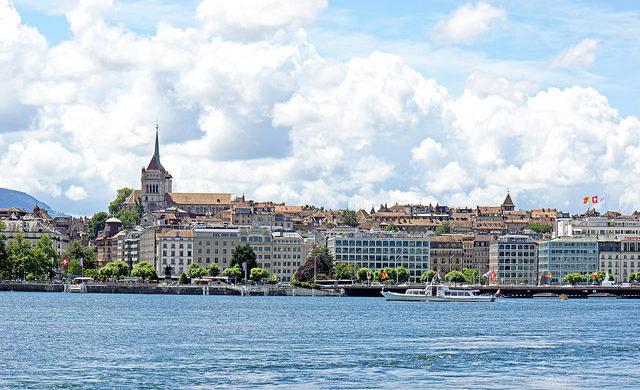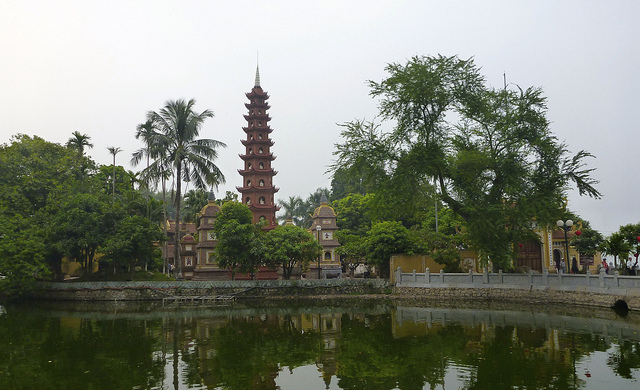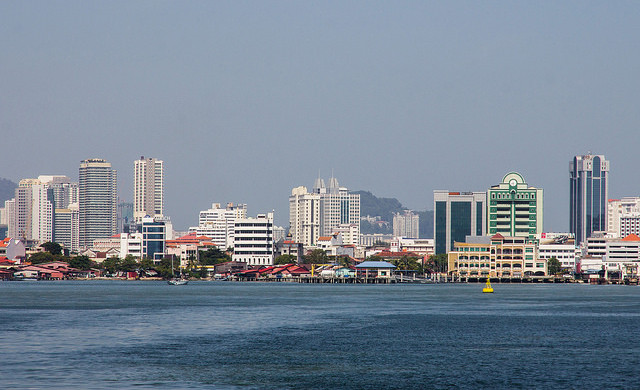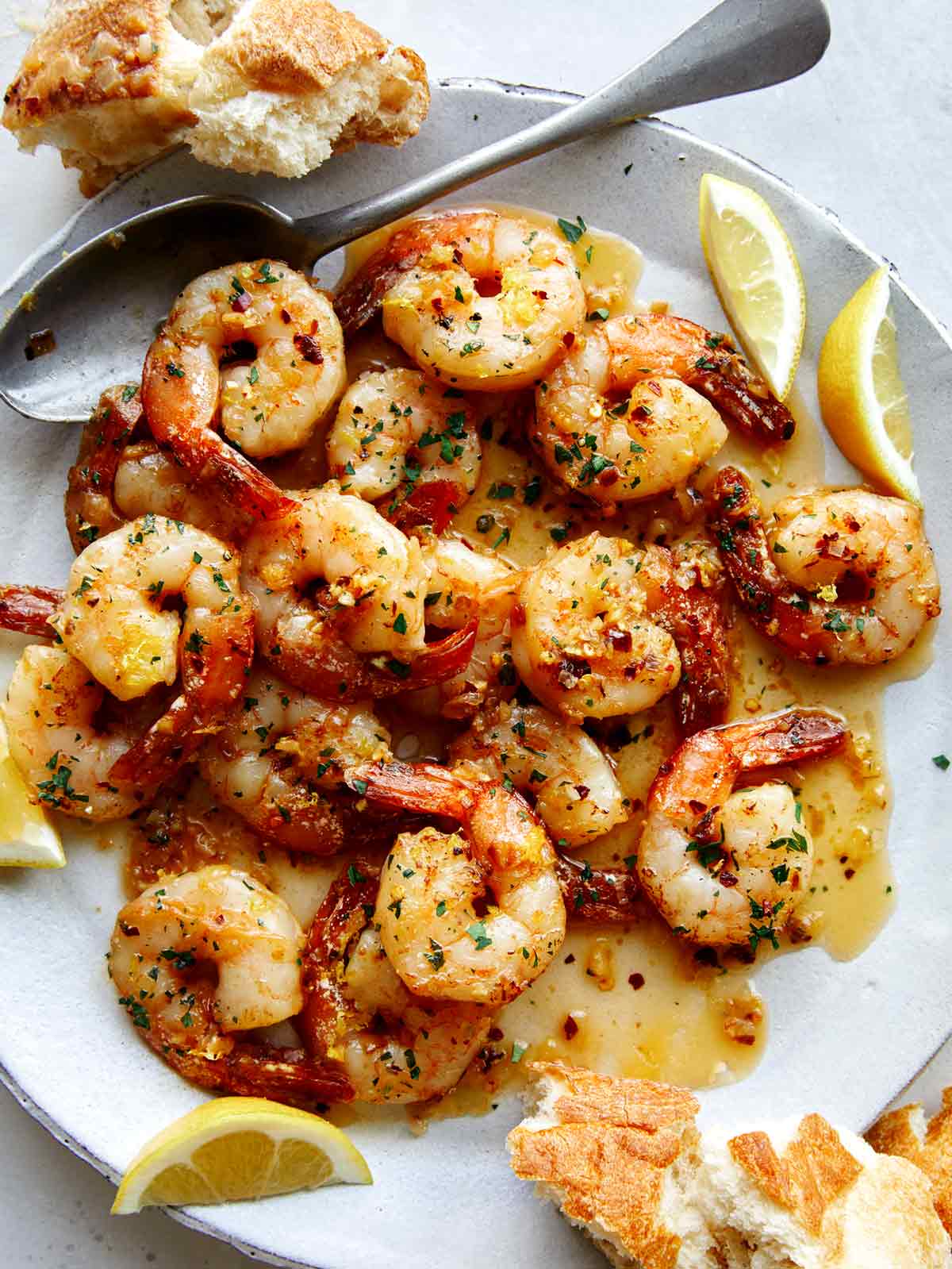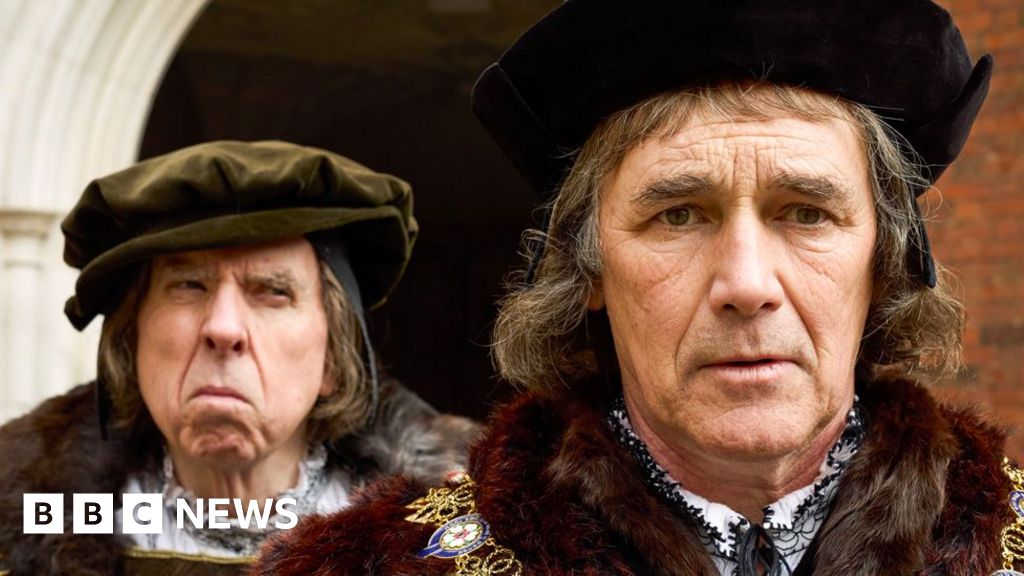Is Irish America in decline?
Trump is the first president since Eisenhower to have no familial links with the Emerald Isle, and inevitably does not have the instinctive attachment to Ireland and Irish America of some of his predecessors.

For Irish politicians, the annual trip to America to mark St. Patrick’s Day is usually about as low-risk and high-reward as anything in public life. The presentation of a bowl of shamrock had muted beginnings: In 1952 Irish ambassador John Hearne sent a gift to President Harry S. Truman, who was out of town at that time but sent a warm note of thanks. Four years later, John Costello became the first prime minister of Ireland to present the shamrock in person to President Dwight Eisenhower. It was Prime Minister Garret FitzGerald in the 1980s who began regularly making the trip to Washington in person.
This relationship has traditionally been win-win. Successive Irish heads of state have banged the drum for American investment in Ireland, while presidents have been able to parade their Irish ancestry and Blarney stone bonhomie in front of Irish American voters.
Gradually it has become a significant event for Northern Ireland’s leaders too. The prime minister of Northern Ireland, aristocratic Anglo-Irish Terence O’Neill, visited Washington in 1964, but until 1999 it was only Nationalist and Republican leaders who found a welcome. Since then, intermittently, first ministers and deputy first ministers have represented the devolved Northern Ireland executive.
This year, everything changed.
If you are willing to take at face value President Bill Clinton’s tenuous claims of Irish lineage, President Trump is the first chief executive since Eisenhower to have no familial links with the Emerald Isle, and inevitably does not have the instinctive attachment to Ireland and Irish America of some of his predecessors. Of the 45 men to have held the presidency, 23 had Irish roots — mostly Protestant Ulster-Scots. Joe Biden, although only five-eighths Irish, positively weaponized his identity, often quoting W.B. Yeats and Seamus Heaney. Two years ago, Biden dismissed a question from the BBC with the scornful response “BBC? I’m Irish.” (I described the effect of this identity on his presidency in 2023.)
But it has not simply been an issue of a new president who is cooler towards Ireland. In February, Northern Ireland’s Nationalist SDLP party, then the Republican Sinn Féin party, announced that it would boycott the Saint Patrick’s Day celebrations in Washington. The two parties, both of which support a united Ireland, made the decision in protest at the Trump administration’s stance on the war in Gaza, in which they have been sharply critical of Israel’s conduct.
Sinn Féin’s boycott meant the absence of the first minister of Northern Ireland, Michelle O’Neill, who said she was “taking a stand against an injustice which I see unravelling every day from the dangerous rhetoric from this new U.S. president.” It also ruled out the party’s president and leader of the opposition in the Irish Parliament, Mary Lou McDonald.
Trump sees little more than Ireland’s membership of the European Union, an organization he hates and claims was “formed to screw the United States.” He is imposing severe tariffs on EU imports and has already announced additional taxes on imported cars and car parts. Ireland has been offered no exceptions.
Micheál Martin, who began his second stint as the Republic of Ireland's prime minister three days after Trump’s inauguration, made the traditional visit to the White House, even if others chose to stay away. The atmosphere, however, was worlds away from the usual merriment and backslapping. Although Trump made some semi-humorous but barbed remarks about his guest, his perennial sense of injustice was barely beneath the surface.
“We do have a massive deficit with Ireland, because Ireland was very smart. They took our pharmaceutical companies away from presidents that didn’t know what they were doing ... This beautiful island of five million people has got the entire U.S. pharmaceutical industry in its grasps ... We don’t want to do anything to hurt Ireland. But we do want fairness.”
Martin wisely said little. And in simplistic terms, Trump was not wrong. More than half of Ireland’s 72 billion euro ($77.5 billion) in exports to the U.S. last year consisted of medical and pharmaceutical products made in Ireland by American-owned firms such as Eli Lilly and Pfizer. Trump plans tariffs on this sector too, and the effects on the Irish economy could be devastating, perhaps shrinking its GDP by 3.7 percent over the next five to seven years and costing 80,000 jobs.
Many presidents would have hesitated before risking the wrath of Irish American voters by punishing the old country like this. Trump, however, appears typically unperturbed, telling reporters “the Irish love Trump” — “we won the Irish with a tremendous amount ... I got it locked up pretty good.”
It may be more complicated than that. It is now more than 400 years since the first significant Irish immigration to North America, and 176 years since the first Kennedy arrived in Boston. Health and Human Services Secretary Robert F. Kennedy Jr. is a fifth-generation Irish American. Statistics show that Irish Americans earn more than the average Americans and are better educated.
Perhaps it is simply no longer possible to see “Irish Americans” as a monolithic voting bloc; instead they will react to any Trumpian conflict with the Emerald Isle according to a range of interests and identities. Once so proudly hyphenated, many may now simply see themselves as “Americans.”
Eliot Wilson is a freelance writer on politics and international affairs and the co-founder of Pivot Point Group. He was senior official in the U.K. House of Commons from 2005 to 2016, including serving as a clerk of the Defence Committee and secretary of the U.K. delegation to the NATO Parliamentary Assembly.






















